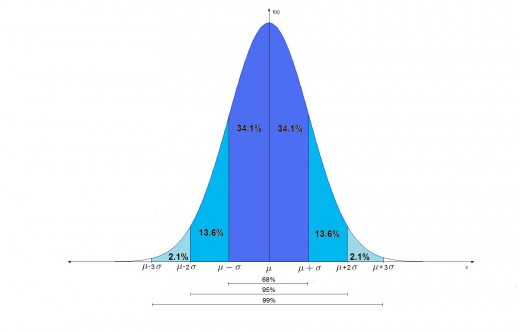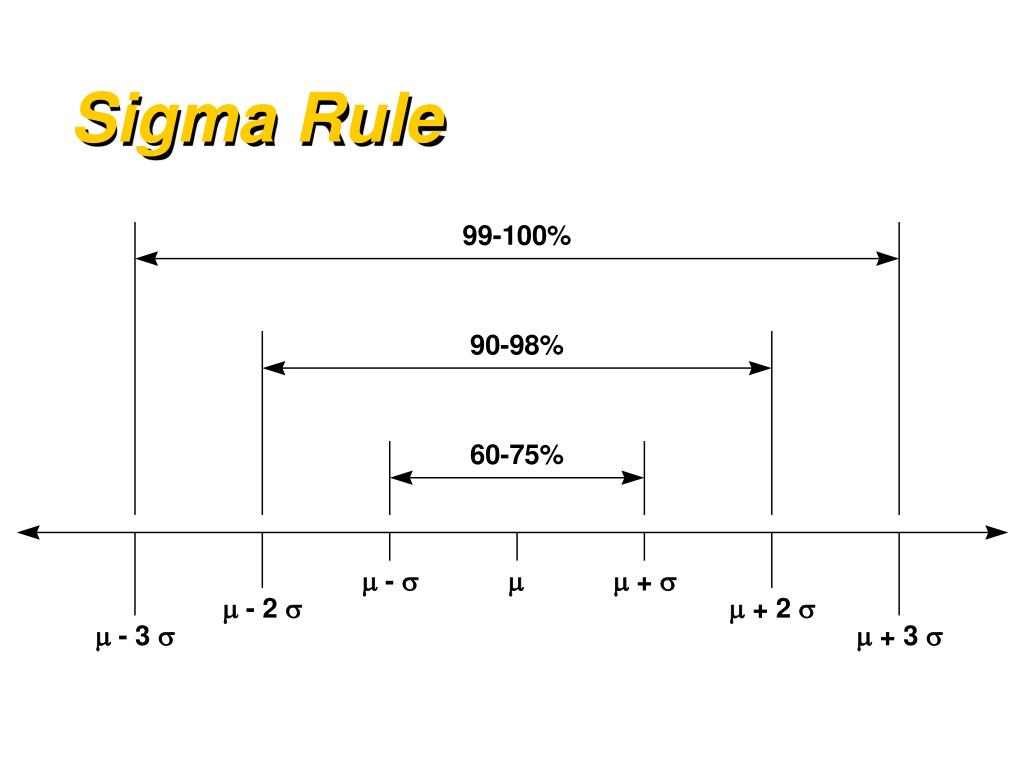

If turned on it will show a text area that takes the yaml text of a Sigma rule. In the Sigma Tab in a sketch there is a toggle called Compose Sigma rule. If you want to test that feature, get some evtx files from the following
#Sigma rule windows
Windows it would be xml_string:"foobar" Test data If the product in the rule is linux the Selector TargetFilename in a rule would be tranlated to filename:"foobar". This is because a lot of data in Windows EVTX XML is not valid XML and will be represented in the section xml_string (see ).Īre interpreted depending on the selected product in the rule. There are many entries in mapped to xml_string. Most of the field names in Timesketch are mapped to the expected output names of Plaso. The field mappings are used to translate the generalised term from Sigma into the expected field names in Timesketch.
#Sigma rule free
If you find a mapping missing, feel free to add and create a PR. There is a section with mappings, most mappings where copied from HELK configuration. For more powerful Timesketch installations, this value can be set to 0. If Timesketch is running on a less powerful machine (or docker-dev) a sleep timer of 15 seconds will help avoid OpenSearch Search exceptions for to many requests to the ES backend in a to short timerange.

SIGMA_TAG_DELAYcan be used to throttle the Sigma analyzer. SIGMA_CONFIG = '/etc/timesketch/sigma_config.yaml' There are multiple sigma related config variables in nf.

New rules can be added / modified via the Sigma portion of the Studio. In the past, Sigma rules where stored on disk, in 2022 this has been changed and Sigma rules are stored in the database. To use the official community rules you can visit /Neo23x0/sigma and copy the rules you are interested in. Timesketch deliberately does not provide a set of Sigma rules, as those would add complexity to maintain. For example if you click the small lens icon next to the Search Query from the found rule (data_type:("shell\:zsh\:history" OR "bash\:history\:command" OR "apt\:history\:line" OR "selinux\:line") AND "*apt\-get\ install\ zmap*") it will open an explore view for this sketch with this query pre filled for you to explore the data. Ts_ttp:įrom that table, there are small icons to copy the values or explore the sketch with the given value. an event might have the following attributes: ts_sigma_rule: To query all rules that had Sigma rules matched in an analyzer run, query for:Į.g. ts_ttp if a rule had ATT&CK(r) tags added, they will be added to this array.ts_sigma_rule will store the rule title that produced hits on an event.If you have run the Sigma Analyzer on a sketch and a rule has produced hits, the following fields will be added to the event: Experimental, Deprecated or similar marked rules are not picked up by the Analyzer. The Sigma Analyzer will only take rules that have the status: stable. So if you want to search for ZMap related rules, you can search for zma and it will show you the pre installed rule. To list all Sigma rules, visit : This will show a list on the left with all Sigma rules installed on a system. Sigma rules are exposed to the Web Interface as part of a sketch. Sigma in Timesketch should still be considered an Alpha version functionality with known performance and functionality issues. The other option is to use Sigma via the API and the API client or the Web interface. Since early 2020 Timesketch has Sigma support implemented. See description at the Sigma Github repository Sigma in Timesketch


 0 kommentar(er)
0 kommentar(er)
